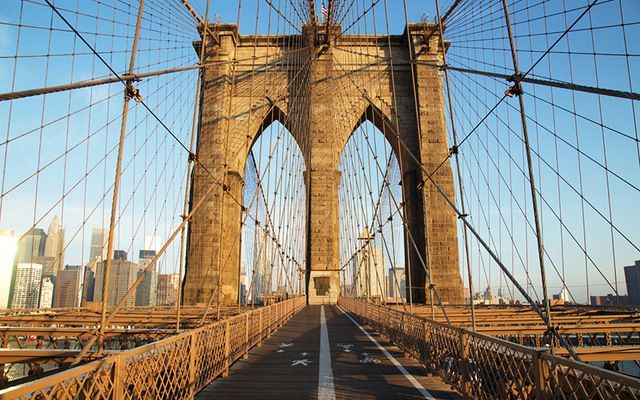Irish people used to almost love complaining that "we have the worst roads in the world." I don't know how true that was, but the roads are so much better now that nobody would make that claim today. However, we now own a new "worst in the world title": Ireland now boasts the worst bank in the world.
Of course all of this depends on how you measure the quality of a bank. I'm sure there is a bank out there that someone might believe is worse than Anglo-Irish Bank, but I doubt they'd be able to point to any facts of figures to back them up. It would almost certainly be based more on anecdotal evidence borne of frustration.
That's not the case with Anglo-Irish. Oh no. Unfortunately, we have an actual quantifiable measure by which we can compare the performance of banks and Anglo topped the list in 2009 as having lost the most money.
Of course, losing the most money doesn't necessarily make a bank the "worst" in the world, but it's an arguable case. However, Anglo – which is NOT a big bank – lost €15bn ($18.5) in 2009. That's more than Royal Bank of Scotland lost, more than Citibank lost, more than any of the massive conglomerate banks you can think of lost, which I believe certainly qualifies it as the worst bank in the world. At least for 2009.
These days Anglo's not so much in the business of losing money as taking it. Anglo is now fully owned by the government. That means that each and every taxpayer is a (probably not too) proud owner of a piece of the worst bank in the world. The price we pay for this claim to fame is that we're all paying back the money Anglo lost in 2009. The joys of nationalization.
That brings me back to the roads. Back in the days when the number and size of the potholes was almost a daily news item, cars were regularly wrecked by, and occasionally lost in, potholes, so vast and so deep were they. Whenever people spoke about this issue they always conveyed anger and frustration, a sense that it didn't have to be this way and that a large dose of mismanagement and corruption helped create the problem.
At the same time, people always managed to convey - I don't know - a sense of wonder that the roads could be so bad. Wonder is probably not the word. It's more a fascination with the grotesque.
It's the same today whenever people talk about the banks. Nobody fails to express their anger and frustration at the mismanagement and corruption that created the Anglo-Irish Bank black-hole and the other banking black-holes. Yet I sense that same sense of fascination when people speak of the banks. If the banks were just bad, there'd be only anger, but they are in such bad shape that people seem to marvel at the fact that we may well have "worst banks in the world."




Comments